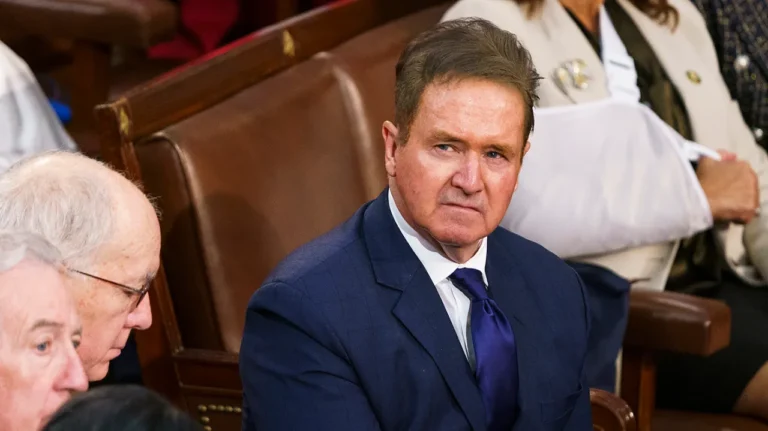In the realm of finance, transparency and ethical conduct are paramount. The recent scrutiny surrounding Brian Higgins’ stock trades has ignited a fervent debate within the financial community and beyond. This article aims to dissect the controversy surrounding Brian Higgins’ stock trades, examining the key details, implications, and broader lessons it holds for investors and policymakers alike.
Who is Brian Higgins?
Brian Higgins, a prominent figure in the financial industry, has garnered attention not only for his professional achievements but also for his recent stock trading activities that have sparked controversy. As a seasoned investor and influential personality, Higgins’ actions in the stock market carry weight and scrutiny.
The Controversial Stock Trades
The controversy surrounding Higgins’ stock trades stems from allegations of insider trading and conflicts of interest. Reports suggest that Higgins engaged in a series of stock transactions that coincided with significant market-moving events, raising suspicions of impropriety.
Examining the Timeline
A critical aspect of understanding the controversy lies in examining the timeline of Higgins’ stock trades. By dissecting the sequence of events leading up to each transaction, analysts can identify potential red flags or patterns suggestive of insider knowledge or market manipulation.
Allegations of Insider Trading
The most serious allegation leveled against Brian Higgins is that of insider trading. Insider trading occurs when individuals trade securities based on material, non-public information. In Higgins’ case, critics argue that his timely trades align suspiciously with market-moving news, suggesting access to privileged information.
Conflicts of Interest
In addition to allegations of insider trading, concerns regarding conflicts of interest have surfaced in light of Higgins’ stock trades. As a figure with ties to various companies and investment firms, questions arise regarding whether his trading activities were influenced by personal gain or professional obligations.
Legal and Ethical Implications
The controversy surrounding Brian Higgins’ stock trades raises significant legal and ethical questions. If proven guilty of insider trading or conflicts of interest, Higgins could face severe repercussions, including financial penalties, reputational damage, and even criminal charges. Moreover, the broader implications for the integrity of financial markets and investor trust cannot be understated.
Regulatory Response
In response to the allegations against Brian Higgins, regulatory bodies have launched investigations to ascertain the veracity of the claims. Regulatory scrutiny underscores the importance of enforcing robust compliance standards and maintaining market integrity. Depending on the findings of these investigations, regulatory agencies may impose sanctions or propose legislative reforms to prevent similar incidents in the future.
Lessons Learned
The Brian Higgins stock trades controversy serves as a cautionary tale for investors, financial professionals, and policymakers alike. It highlights the importance of upholding ethical standards, maintaining transparency, and adhering to regulatory guidelines in all financial transactions. Moreover, it underscores the need for enhanced oversight and accountability measures to safeguard the integrity of financial markets.
Conclusion
The controversy surrounding Brian Higgins’ stock trades casts a spotlight on the intersection of finance, ethics, and regulatory oversight. As investigations unfold and the truth comes to light, the case will undoubtedly have far-reaching implications for the financial industry and beyond. Ultimately, the lessons learned from this episode must guide efforts to foster a culture of integrity and trust within the realm of finance, ensuring that investors can have confidence in the fairness and transparency of markets.

